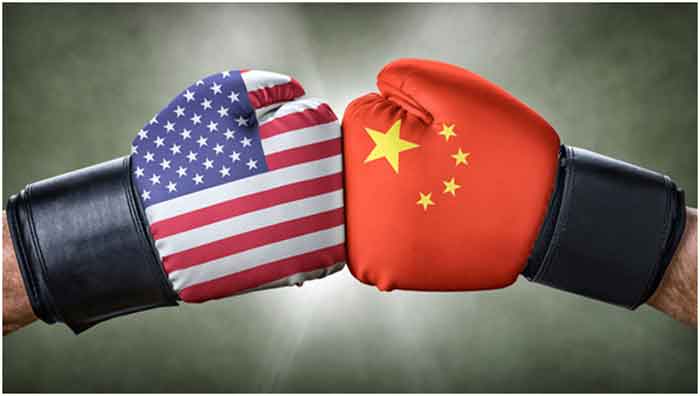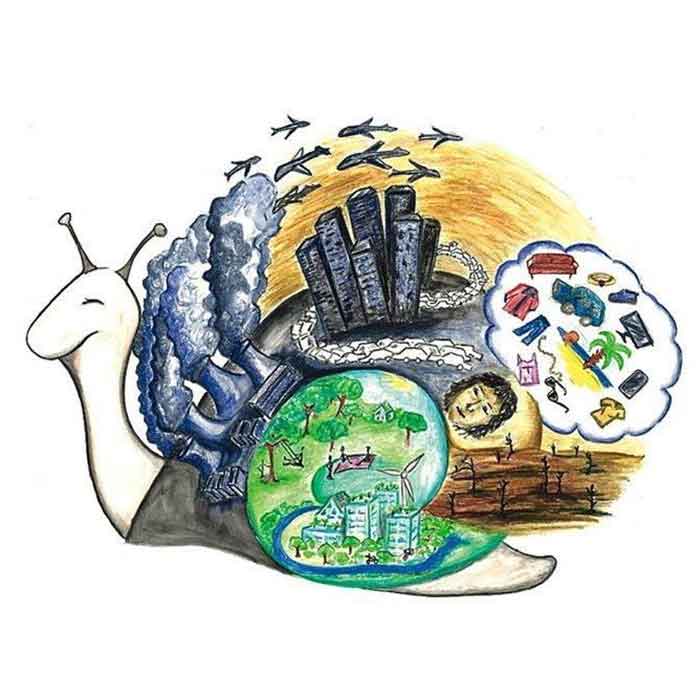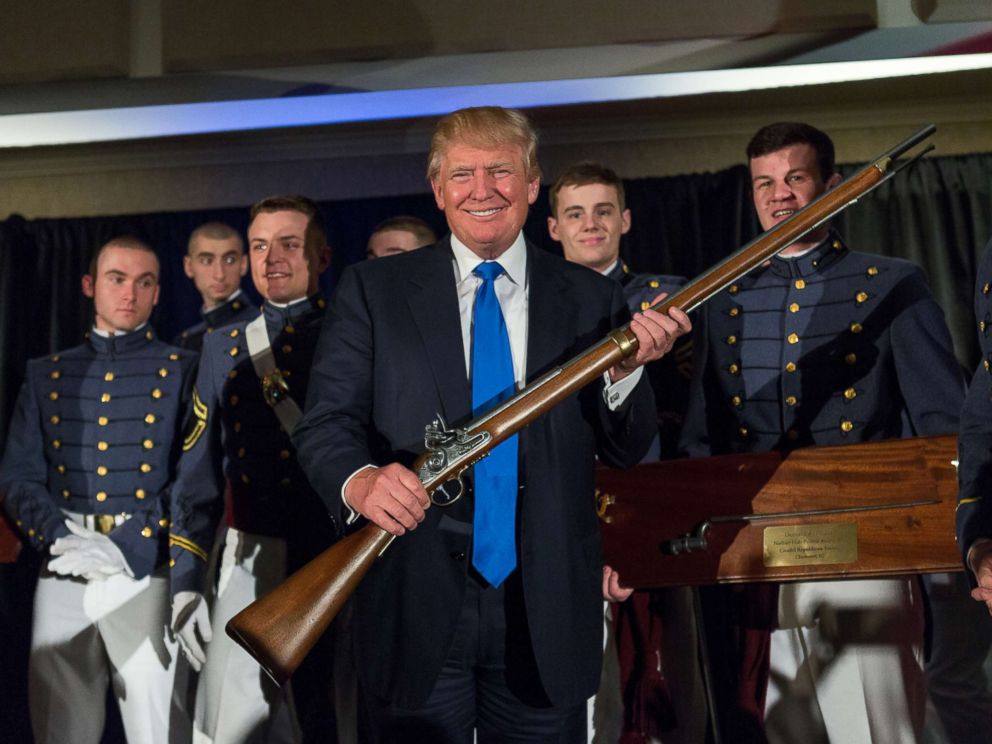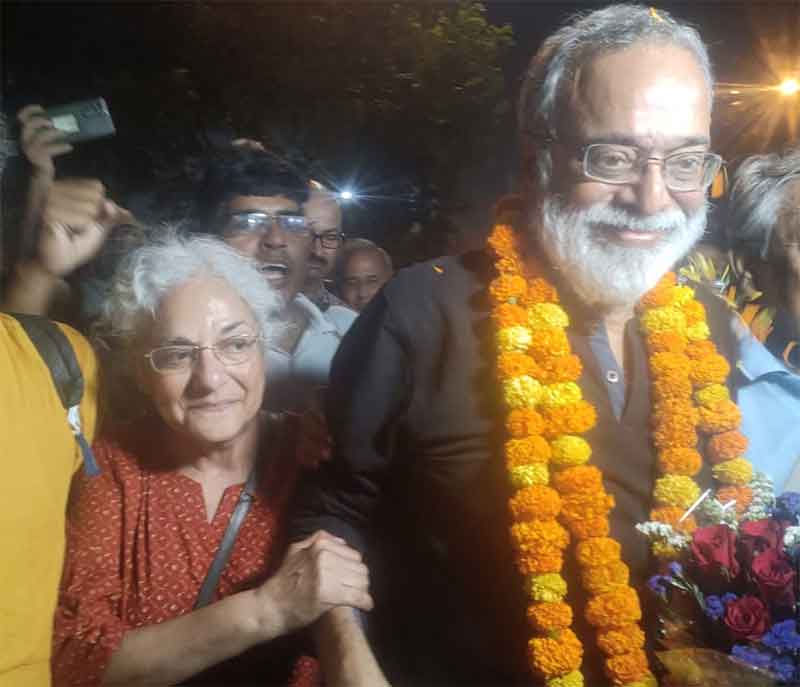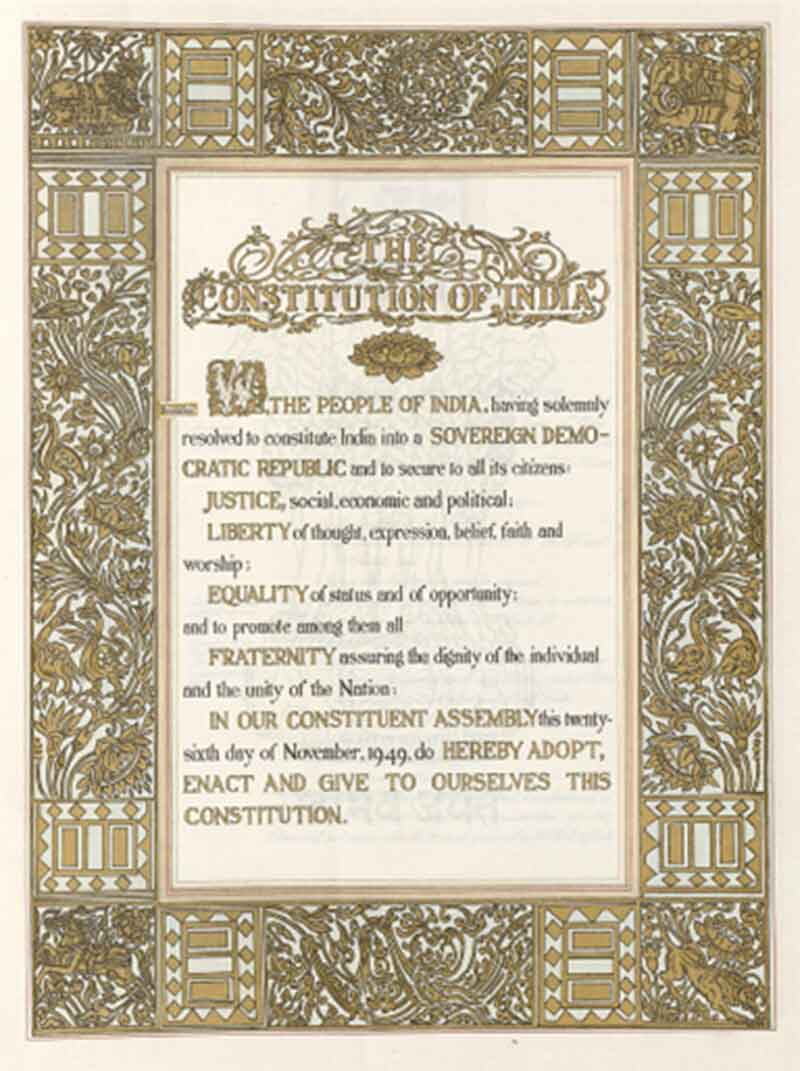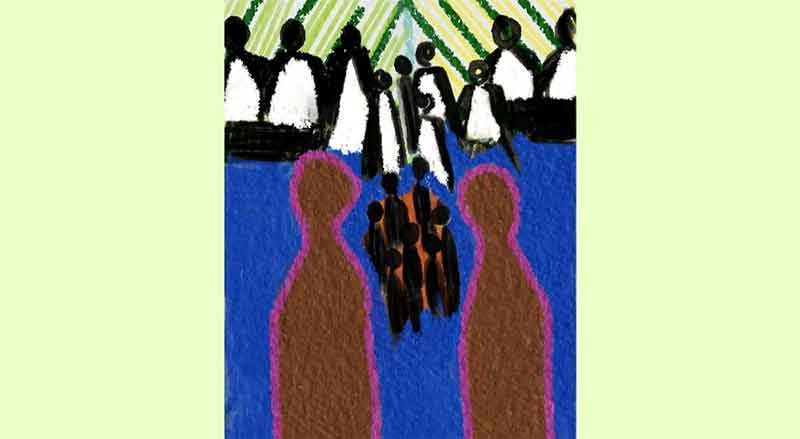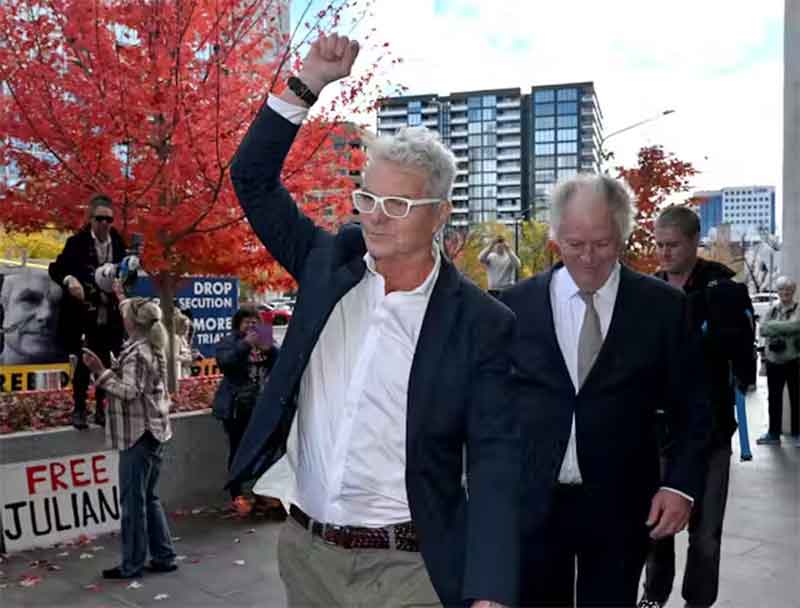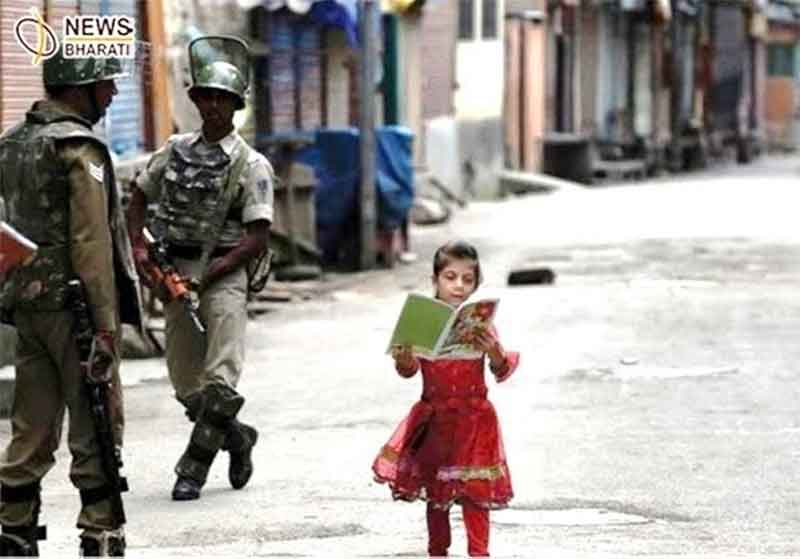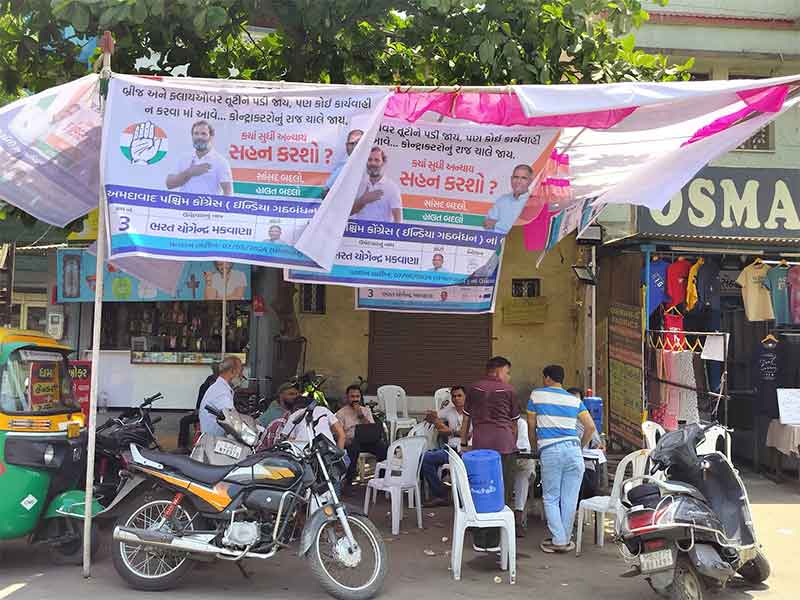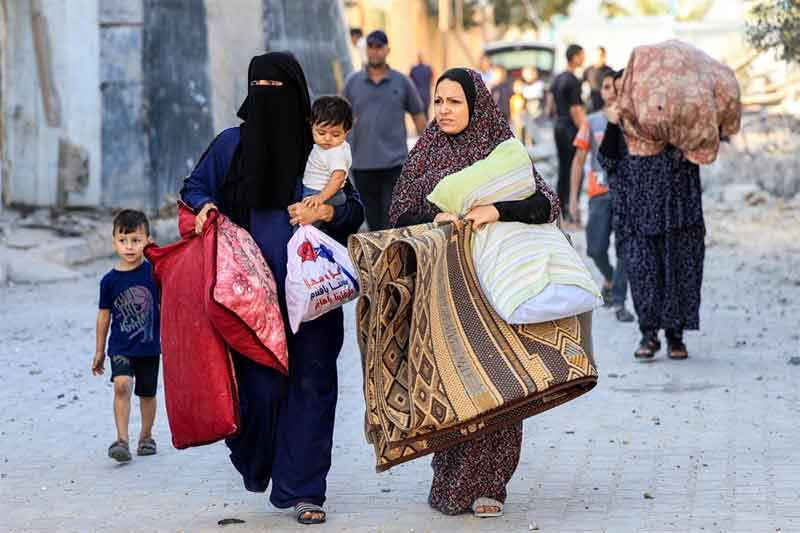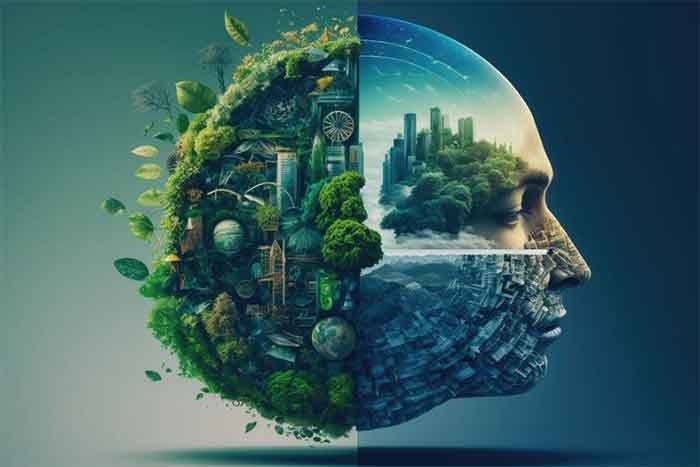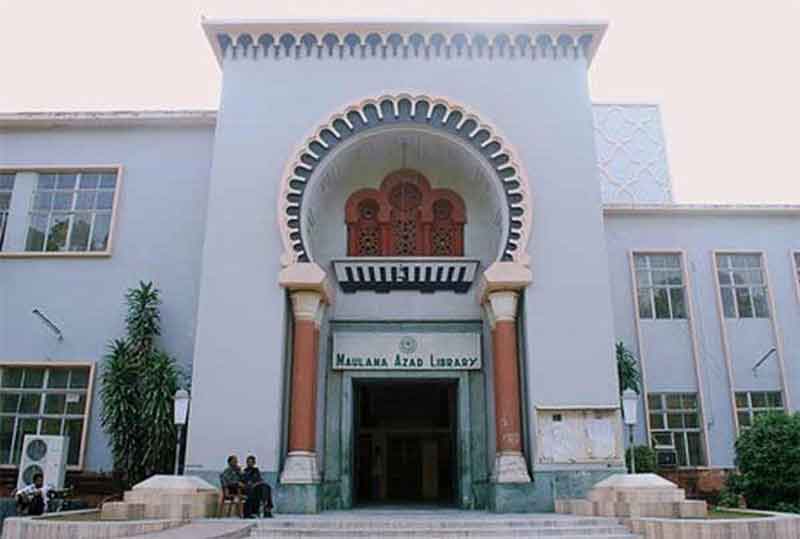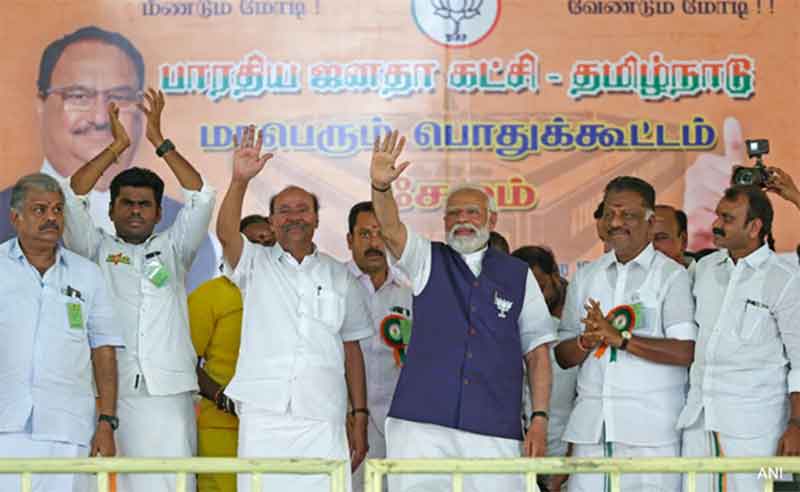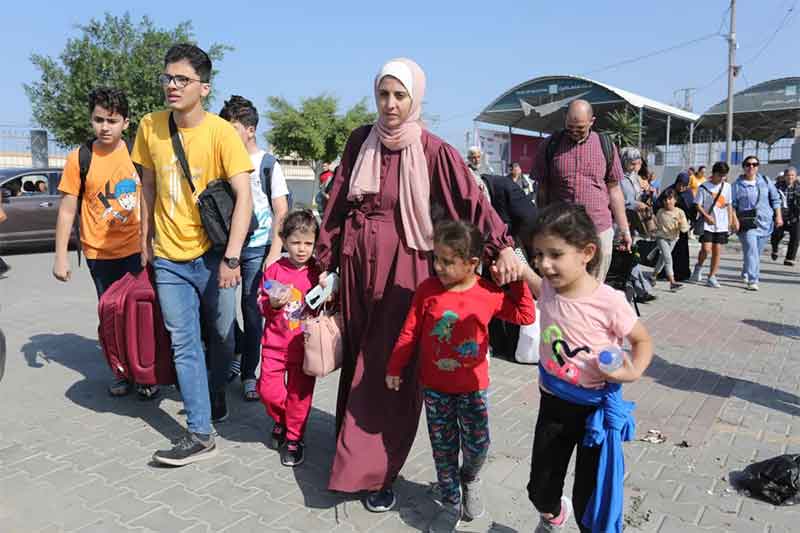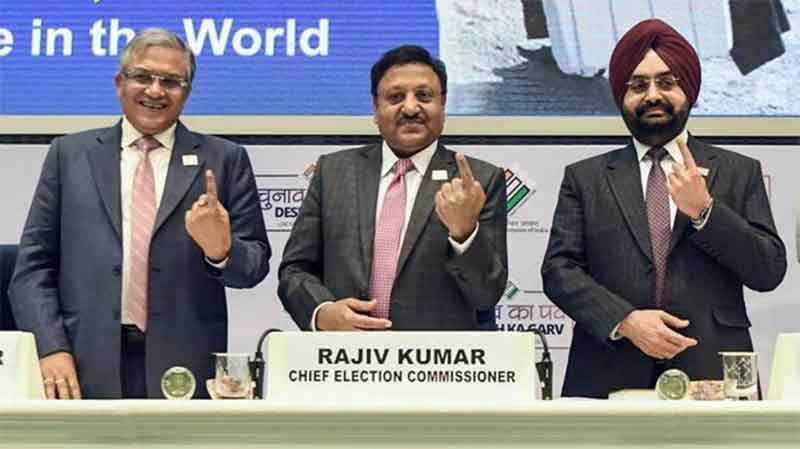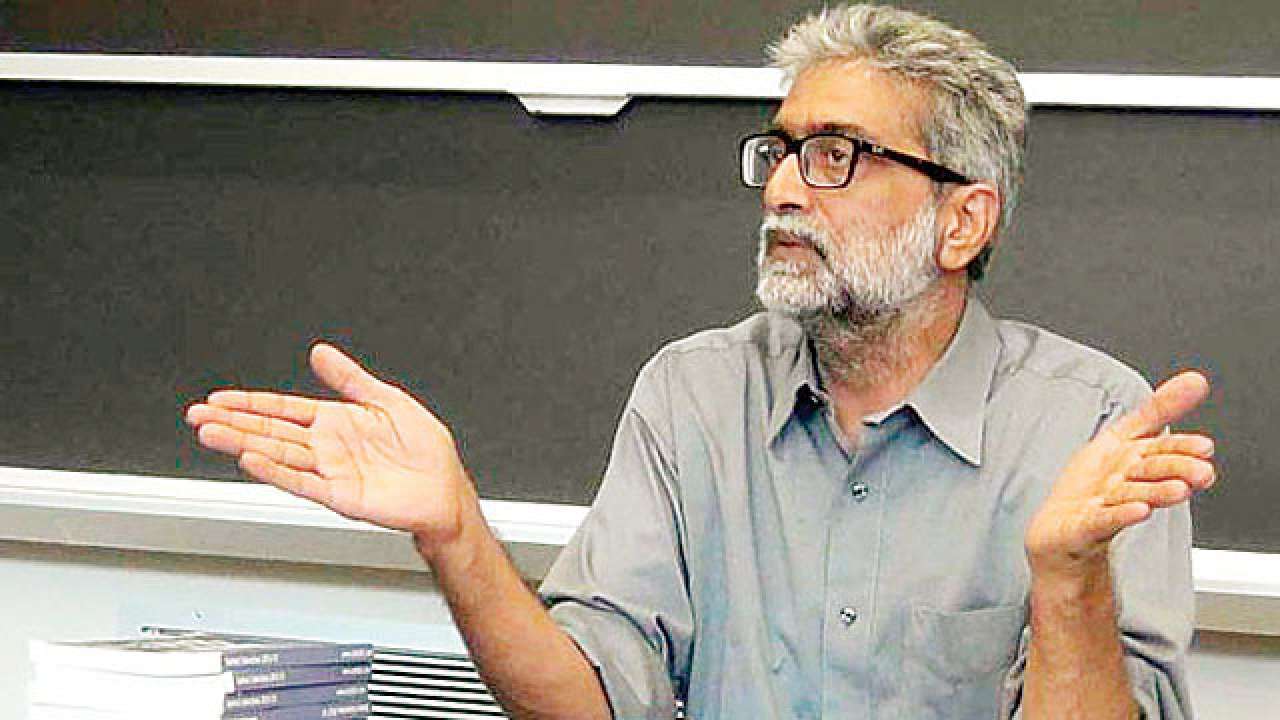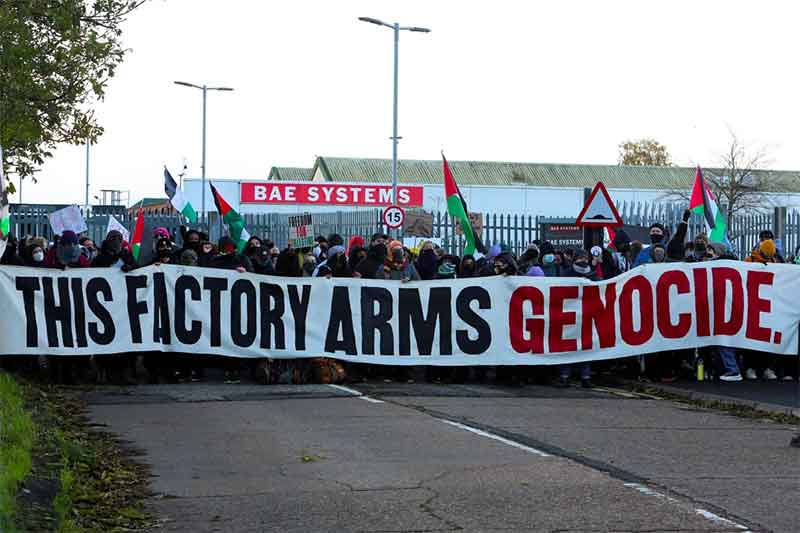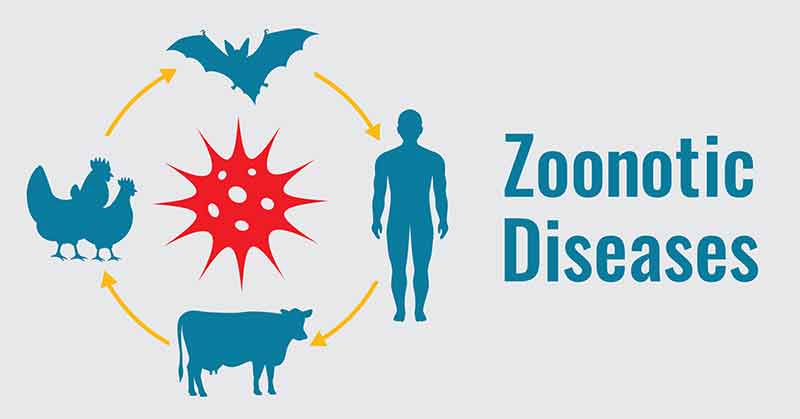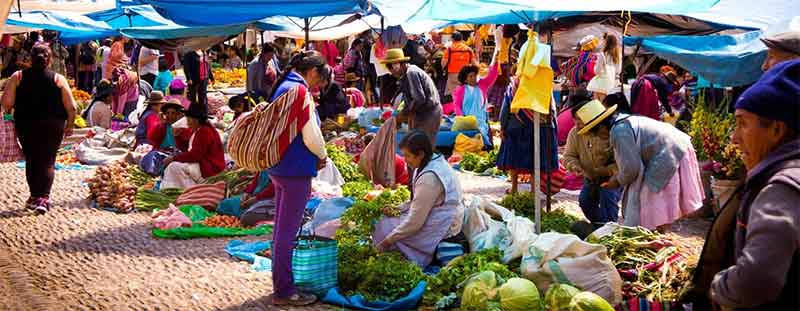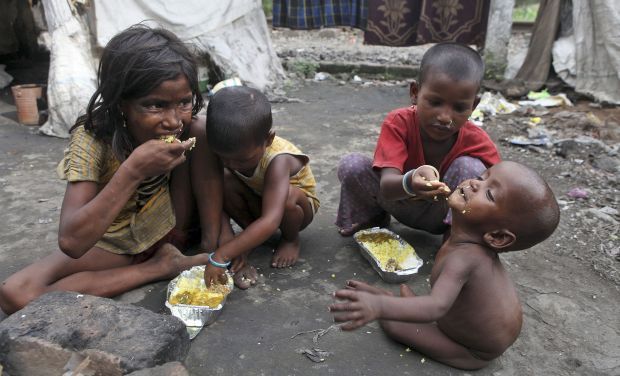
The deeply hidden social perceptions on ‘other’ based on class, caste, gender, religion, region and race find its expression in the form of opinions expressed in day to day social interactions. One often comes across opinions which reflect these deeply held biases. These deeply held biases are socially transferred on the basis of one’s own social position in terms of class, caste, gender, religion, race and nation. For those who carry these perceptions, these are the truth.
These are often the ‘language of dominance’ which arises from one’s own social position of dominance. Hence for a section of upper and middle class, the notions about the poor may be in the lines of the thinking that ‘Poor are poor because they are lazy’ or ‘they do not work hard’ or ‘they want to remain poor because this will enable them to get freebies’. For a group of upper caste, the lines of perceptions could be, ‘Lower caste people do not work hard’ or ‘They do not work hard because they have reservations’ or ‘Reservations provide them seats and jobs without any intelligence’. On women, men are seen to express ‘they are only good for the household’ or ‘they are persons with lower intelligence and need to be controlled’. In the matters of religion, a person from majority religion may express, ‘Muslims are extreme and violent’ or ‘Muslims are not patriotic and support Pakistan’. For a person from Hindi belt (considered national heartland
or mainstream India), ‘North eastern people are Chinkies and do not look like Indians’ and persons from South are Madrasis and ‘they are black’, ‘they talk in strange language and do not know Hindi’.
While such perceptions are completely incorrect, flawed, biased and full of prejudices, those who carry these perceptions see these as the truth. An upper and middle class person fails to recognize that a poor remains poor more due to systemic flaws and not due to individual class attributes. A poor farmer takes to act of suicide despite years of hard work put into to make the nation food secure. An upper caste person fails to recognize that those considered lower caste were on
the reverse victims of ‘reservation of upper caste’ which continued for over a thousand years. Such centuries of ‘reservation’ was denying them opportunities. In current times, supposed lower caste persons coming from families of agricultural laborers, construction workers or other manual jobs, they struggle much more than upper caste even to get benefits of affirmative action. Moreover, even the start is not a level playing field where while one starts in best of schools due to
privileges extended in the past, the others are educated in neighborhood schools. Men fail to recognize that whenever women have got opportunities – they have emerged as social and community leaders, intellectuals, high end professionals. The majority religion fail to accept that many of the patriotic songs related to India is written by Muslims and they were important contributors to the nationalist movement. A person from perceived ‘national heartland’ fails to appreciate the cultural and linguistic diversity of the country.
Social perceptions based on differences create artificial divides between human beings based on notions of ‘we’ and ‘others’. They shape social relations based on perceived thinking of ‘supposed social superiority of we or inferiority of other’ because ‘we’ in contrast to ‘other’ belong to a certain class, caste, religion, race or region. Relations established among human beings based on such differences are often based on aspect of power. Prejudices, discrimination and inequality are inherent in them. A society shaped by such social stratifications suffers from inherent flaws. Failure to recognize that people are fundamentally ‘equal’ results in a situation where current inequalities are justified.
An unlearning process which enables one to delve into one’s own deeply held prejudices and behavior which discriminates on the basis of such social divisions can help in making people more human. While a realization of fundamental equality is a necessity, an integration of behavior driven by such realization is the need. Only with human beings with deeply held belief in equality, diversity and behavior driven in that direction can result in a better society.
T Navin is a Researcher and works with an NGO.



